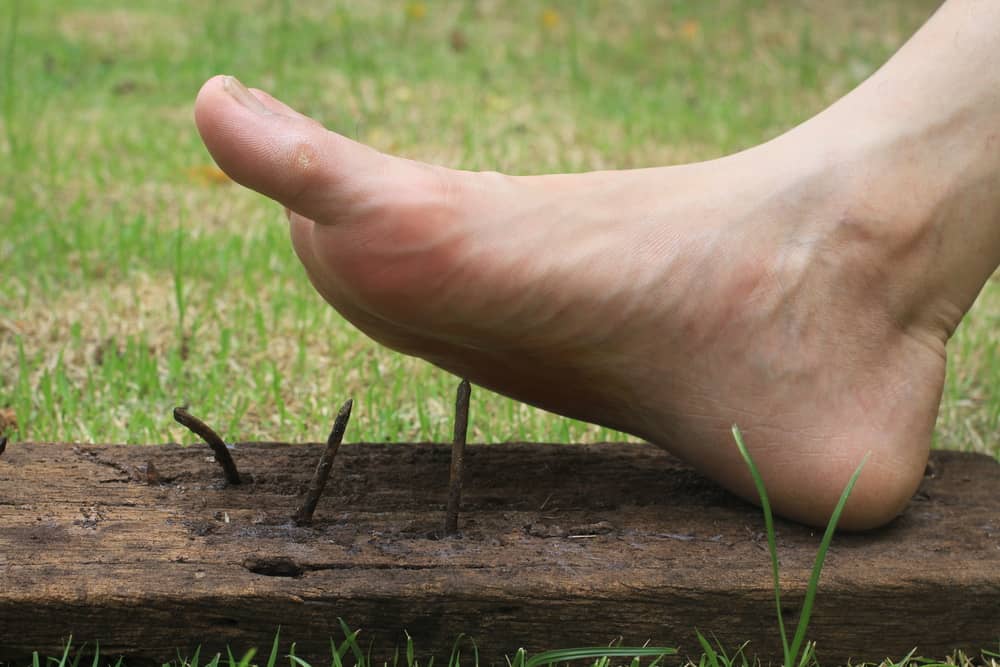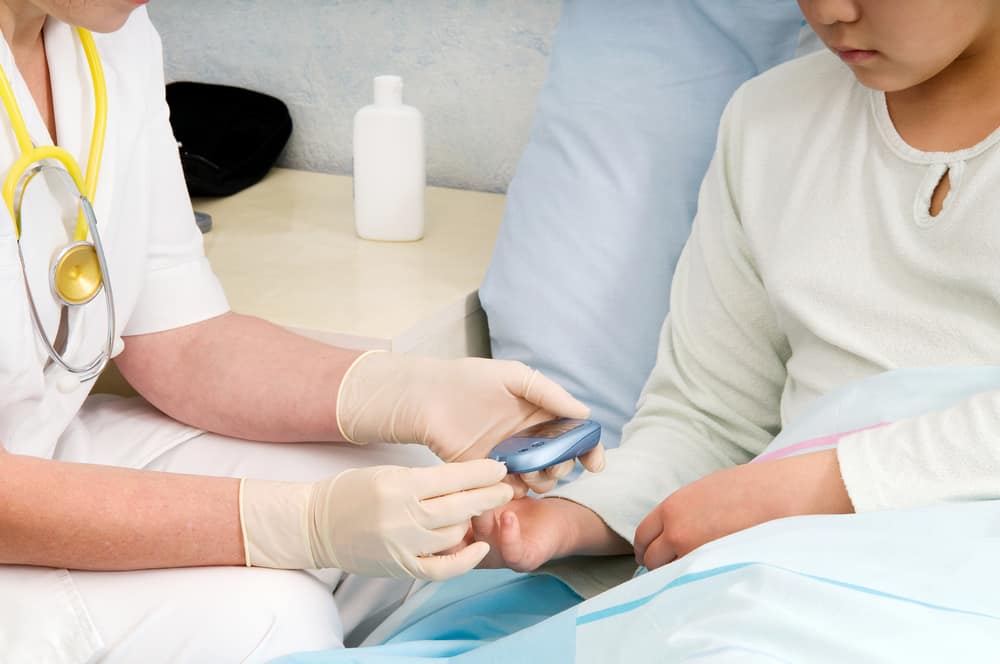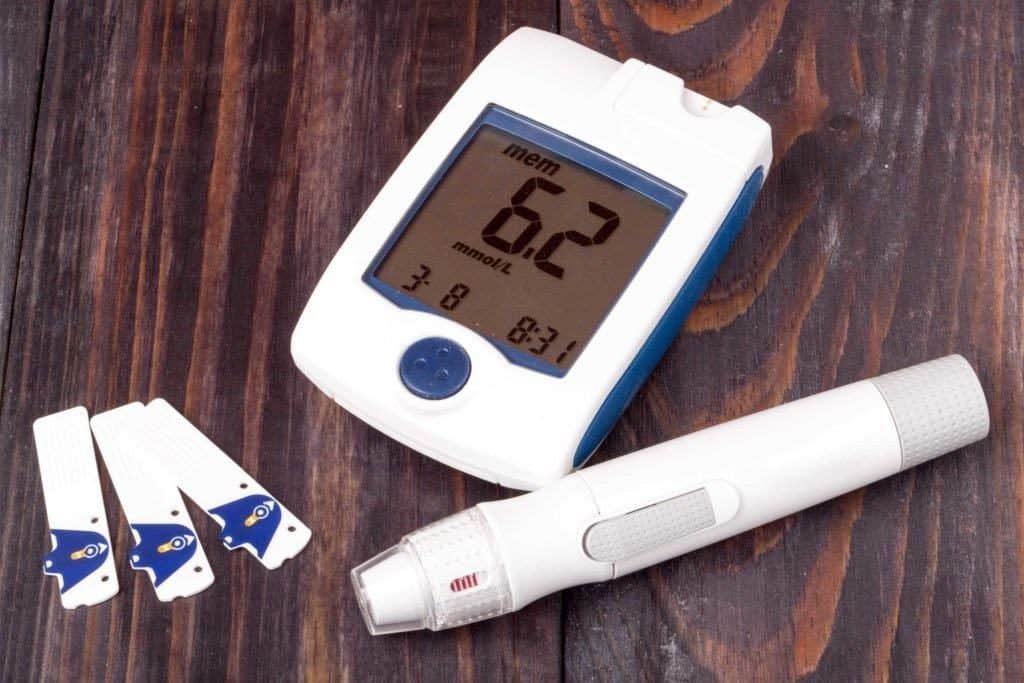Contents:
- Medical Video: DIY : Clean Your Blood In 3 Days
- What is the hospital dialysis procedure like?
- How do you do dialysis at home?
- Is it safe and effective?
- In order to get dialysis at home, you need to take part in training first
Medical Video: DIY : Clean Your Blood In 3 Days
Hemodialysis is usually done routinely in the hospital at least 2-3 times a week. Dialysis helps replace damaged kidney function so that the body can function properly. Even so, going back and forth to the hospital in a condition where the body is not fit can be very tiring. Moreover, each session can take up to 4 hours. Can dialysis at home? The answer, you can! However, it should not be arbitrary. First read the guide below.
What is the hospital dialysis procedure like?
Kidneys that fail to function are no longer able to dispose of toxic substances completely out of the body. This is where the role of dialysis is to replace the kidney function to remove waste substances from the body.
Dialysis is a procedure to filter blood with the help of a machine called dialysis. Without dialysis, the remaining products and salts in the body will continue to accumulate in the blood so that it becomes toxic.
To drain your blood to the machine, the doctor will make a small hole from your blood vessels through surgery. Access to these blood vessels will drain a lot of blood from the body so that filtered blood will be enough and easily out of the body. Making these holes can be temporary or permanent, depending on how severe your condition is.
How do you do dialysis at home?
The dialysis procedure at home is referred to asContinuous Ambulatory Peritoneal Dialysis (CAPD). CAPD is a therapy that has only recently arrived to meet the needs of many kidney failure patients who find it difficult to go back and forth to the hospital.
In contrast to hemodialysis which filters blood through the machine, CAPD is done by inserting a special fluid into the abdomen through a catheter for several hours to remove residual substances from the body.
Is it safe and effective?
CAPD dialysis is less popular because it is assumed by the public that this method can cause infections and complications. In fact, it's actually not like that.
Based on research, dialysis at home using the CAPD method is actually just as safe and effective as dialysis in a hospital. Research even proves that patients undergoing hemodialysis in hospitals are twice as likely to be hospitalized than people who dialysis at home. The life expectancy of patients with kidney failure who do CPAD is also reported to be twice as good as hemodialysis.
This is due to the quality of life of patients undergoing CAPD can be much better. Washing your blood at home with CAPD makes it easier to access and control users about their treatment plans, while freeing them to keep on doing their daily activities. Because during the CPAD process, you don't need to lie down for a long time. Washing your blood at home can be done while sitting and staying active as usual.
In addition, dialysis at home also costs much lower than hemodialysis in a hospital. Reporting from Kompas, the average cost of dialysis in hospitals is around Rp. 115 million per year. With CAPD, the costs required are at least Rp. 130 million per year. With CAPD, you can control your doctor once a month to monitor their progress.
In order to get dialysis at home, you need to take part in training first
Even though it is more comfortable and flexible, dialysis with CAPD at home can be a little inconvenient because Abda must replace dialysate fluids up to four to five times a day.
In addition, it is not allowed to be careless. You and your family as a companion must first take part in training so that they are skilled at doing dialysis themselves with CAPD. Training also includes how to enter fluids through a catheter and how to maintain the cleanliness of the device to prevent infection. Good patient training, understanding and adherence are very important so that this therapy can work effectively.
You also must not forget to control the doctor, either to monitor the progress or to change the catheter. The outer catheter is replaced regularly every six months, while the inner catheter (which is around the abdomen) is replaced every six to eight years.











